HP: We didn't buy Palm to be in the smartphone business
The comments, reported by ZDnet were made at Bank of America Merrill Lynch technology conference.
Hurd said HP isn’t going to "spend billions of dollars trying to go into the smartphone business. That doesn’t in any way make any sense. We didn’t buy Palm to be in the smartphone business."
Hurd added, "and I tell people that, but it doesn’t seem to resonate well. We bought it for the IP [intellectual property]. The webOS is one of the two ground-up pieces of software that is built as a web operating environment."
One of two web operating environments
Apart from Palm's webOS, Hurd likely had in mind Google's Chrome OS, which similarly acts as an extended web browser capable of running Rich Internet Apps authored in web standards. Other mobile operating systems are based on a Java Virtual Machine, such as RIM's BlackBerry OS or Google's Android; provide a conventional native environment for apps like Symbian or iPhone OS; or rely on a middleware platform like Microsoft's upcoming Windows Phone 7, based on a mobile version of Silverlight.
Focusing on a web-based operating environment, Hurd referenced the "tens of millions of HP small form factor web-connected devices" and said, "now imagine that being a web-connected environment where now you can get a common look and feel and a common set of services laid against that environment. That is a very [attractive] value proposition."
HP's comments may provide some cover for Microsoft's Windows Mobile, which appeared to be rejected by HP in favor of new Palm webOS phones. HP may likely continue to sell Windows Mobile devices, although it is not a significant vendor of smartphones.
However, HP is rumored to be working toward mobile handheld devices that use a form of the webOS, pitting them against not just Google's Chrome OS, but also Windows 7, which Microsoft has been working to install on netbooks and more recently Slate PCs (like the now discontinued one HP demonstrated on stage at CES next to Microsoft shortly before Apple unveiled its iPad).
Where will HP's webOS enter the market?
If HP is indeed uninterested in pushing into the smartphone realm, it also means there will be one less competitor in Apple's iPhone market, currently dominated by RIM's BlackBerry (in North America) and Nokia's Symbian (globally), and facing new competition from Android and potentially even Windows Phone 7 later this winter.
However, depending on what HP means by "web connected devices," webOS may show up as part of an enterprise push into mobile tablets, currently a market Apple has captured for itself. Google's tablet strategy is currently fractured between Android and its upcoming Chrome OS, while Microsoft is similarly working to find some viable mix of Windows 7 and "Windows Embedded Compact 7" (the company's most recent name for Windows CE, the core operating system underneath the Zune HD and Windows Phone 7).
Asus just announced its "Eee Pad" as a competitor to Apple's iPad, but it won't be ready until at least the beginning of 2011. Versions of the device will run either Windows 7 or Windows Embedded Compact 7. Whether HP will also enter the market with consumer-focused tablets remains to be seen, but it appears that Palm's webOS is now dead as a smartphone platform.
 Daniel Eran Dilger
Daniel Eran Dilger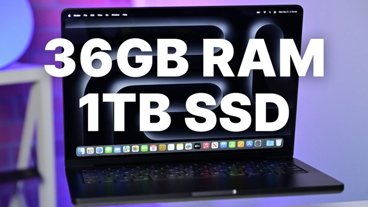

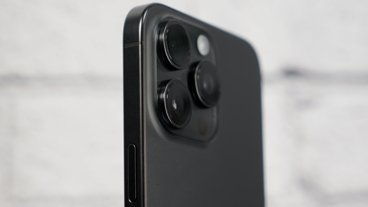



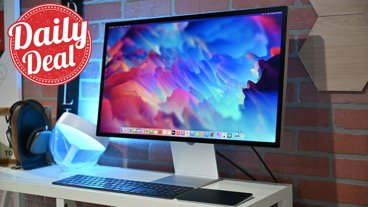





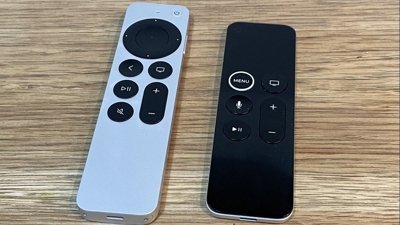
 Charles Martin
Charles Martin
 Andrew Orr
Andrew Orr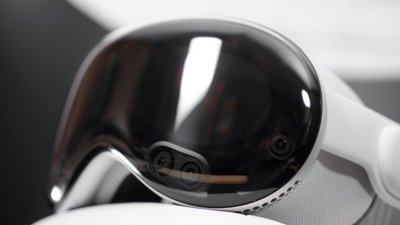
 Wesley Hilliard
Wesley Hilliard
 William Gallagher
William Gallagher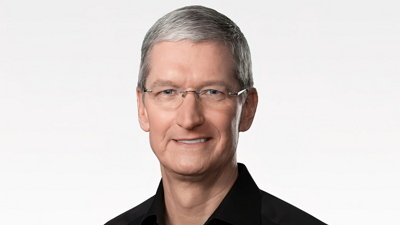


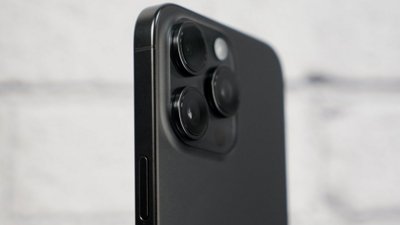
 Malcolm Owen
Malcolm Owen









51 Comments
they'd better ramp up the SFF IAD ASAP and cover themselves with MS PDQ!(small form factor)(internet application device)
This means WebOS tablet is on the way. One problem with that though is that Andoid and Chrome OS will come out with a tablet about the same time HP will be able to crank out their own. This may not have been the best choice for HP, but at least they can use the WebOS team to try to come up with a Sense-like UI for the Android powered tablets.
Hurd said HP isn?t going to "spend billions of dollars trying to go into the smartphone business. That doesn?t in any way make any sense. We didn?t buy Palm to be in the smartphone business."
It made sense to Apple and now it's their most profitable product category. But, I'm glad to see HP isn't just doing something because others can do it.
They're well managed so I expect they will trim any fat they can and come out ahead with WebOS products. I doubt they'll break any paradigms, but that's part of HP's corporate success.
This means WebOS tablet is on the way.
Maybe, but this is an incredibly stupid thing for them to say. As Apple has shown, having a large installed base of apps and developers is a big help in getting acceptance of the tablet.
HP just told the developers and customers that it doesn't want them. So by the time they get around to releasing the tablet, they'll have lost a lot of their customers.
Besides, why would it cost them billions of dollars to get into the smartphone business? I thought Palm was already in the smartphone business.
Could be strategic FUD. They are finally learning from the master.......